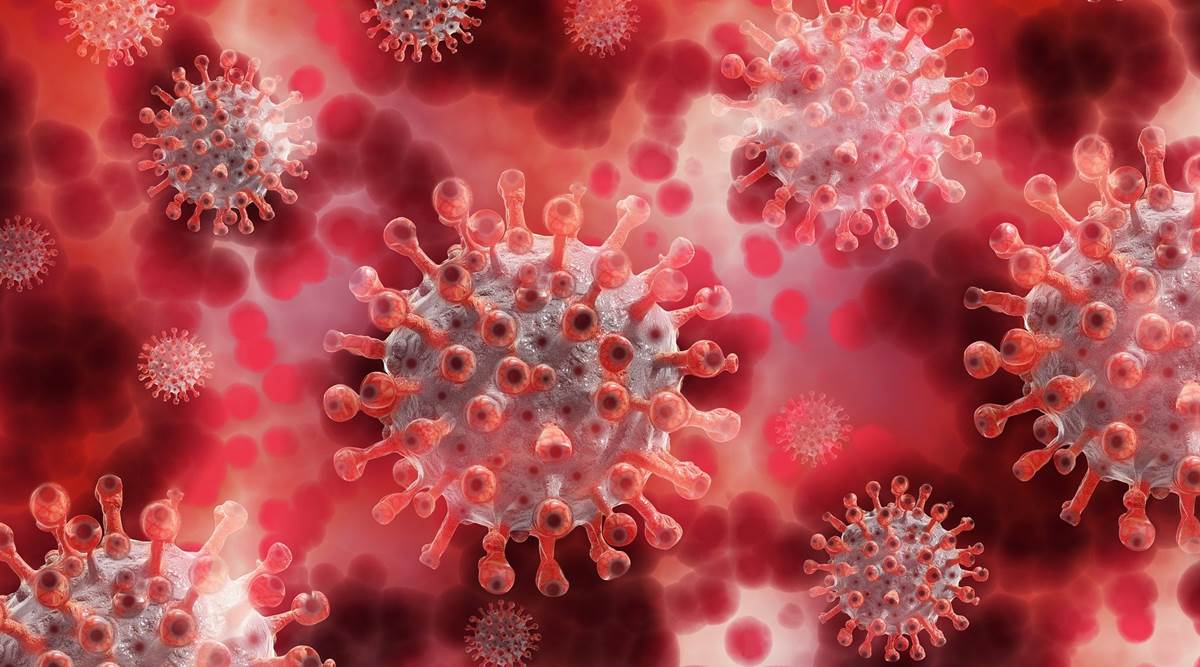Wondering what the new coronavirus strain is all about? A doctor explains

According to reports, the new variant of the SARS-COV-2 could be up to 70 per cent more transmissible than the old variant, says Dr Rahul Pandit, Director-Critical Care, Fortis Hospitals Mumbai.

Just when the world was beginning to think that with a vaccine in sight, the pandemic situation may come under control, a newly identified strain of the virus left countries puzzled once again. The UK government recently announced they have found a “highly contagious new variant of the virus” circulating in England. And citing the rapid spread in London and surrounding areas, Prime Minister Boris Johnson imposed the country’s most stringent lockdown.
And while this information may have caused some panic in people, Dr Rahul Pandit, Director-Critical Care, Fortis Hospitals Mumbai, and member of Maharashtra’s COVID-19 task force, explains that like all viruses, coronavirus, too, is a shapeshifter. “Some genetic changes are inconsequential. “Researchers have recorded thousands of tiny modifications in the genetic material of the coronavirus, as it has hopscotched across the world. The British variant has affected how the virus locks onto human cells and infects them. These mutations may allow the variant to replicate and transmit more efficiently,” he says.
But, questions remain: does India need to worry? Will the vaccines work? How do we go about being more cautious, and if we have to stop its spread, what should be done?
What is the new strain?
“The variant has been named ‘VUI – 202012/01’ (the first Variant Under Investigation in December 2020). It is not uncommon for viruses to undergo mutations; seasonal influenza mutates every year. Variants of SARS-CoV-2 have been observed in other countries, such as Spain. This variant includes a mutation in the ‘spike’ protein. According to researchers, this virus has at least 17 changes of mutation. Changes in this part of the spike protein may result in the virus becoming more infectious and spreading more easily between people,” explains Dr Pandit.
How harmful is it?
“While most mutations are either harmful to the virus or have no effect, a few mutations in this new variant looked as if they could potentially affect how the coronavirus spread. According to reports, the new variant of the SARS-COV-2 could be up to 70 per cent more transmissible than the old variant. What’s more worrying is that this strain is affecting people in the age group of 30-60 years which is fairly young. Preliminary data from the UK shows the virus is spreading quickly in parts of southern England, displacing other variants that have been circulating for months. But there are still several unanswered questions: does it make people sicker? Does it mean prolonged treatments? Will vaccines that are underway work?”
Has it arrived in India?
The doctor says the new strain has so far not been found in India, at least as far as anyone knows. The variant, however, has already spread globally. “Apart from the UK, the variant has been detected in Denmark, Belgium, the Netherlands and Australia, according to the WHO. A similar but separate variant has also been identified in South Africa. Now that the world knows to look for the variant, it may turn up in more countries.”
Will vaccines work?
Dr Pandit says that vaccines target multiple parts of the protein itself. “We don’t need to be worried about them. We should be doing more of genetic surveillance. In fact, I feel people should vaccinate themselves. While there is a section of people encouraging others to not take the vaccine shots, I urge people to not be overwhelmed by this. The lobby, as it raises doubt about the vaccine, will only make the vaccine developers more GMP compliant and will ensure that we get efficacious vaccines.”
What additional precautions to take?
“The best way to curb the infection is to stick to the rules – wash our hands, wear a face mask and maintain social distancing. The recommended control measures to limit the spread of the new variant continue to be tested, following the existing guideline of isolation, and abiding by the restrictions,” the doctor concludes.
For more lifestyle news, follow us: Twitter: lifestyle_ie | Facebook: IE Lifestyle | Instagram: ie_lifestyle
Source: Read Full Article




